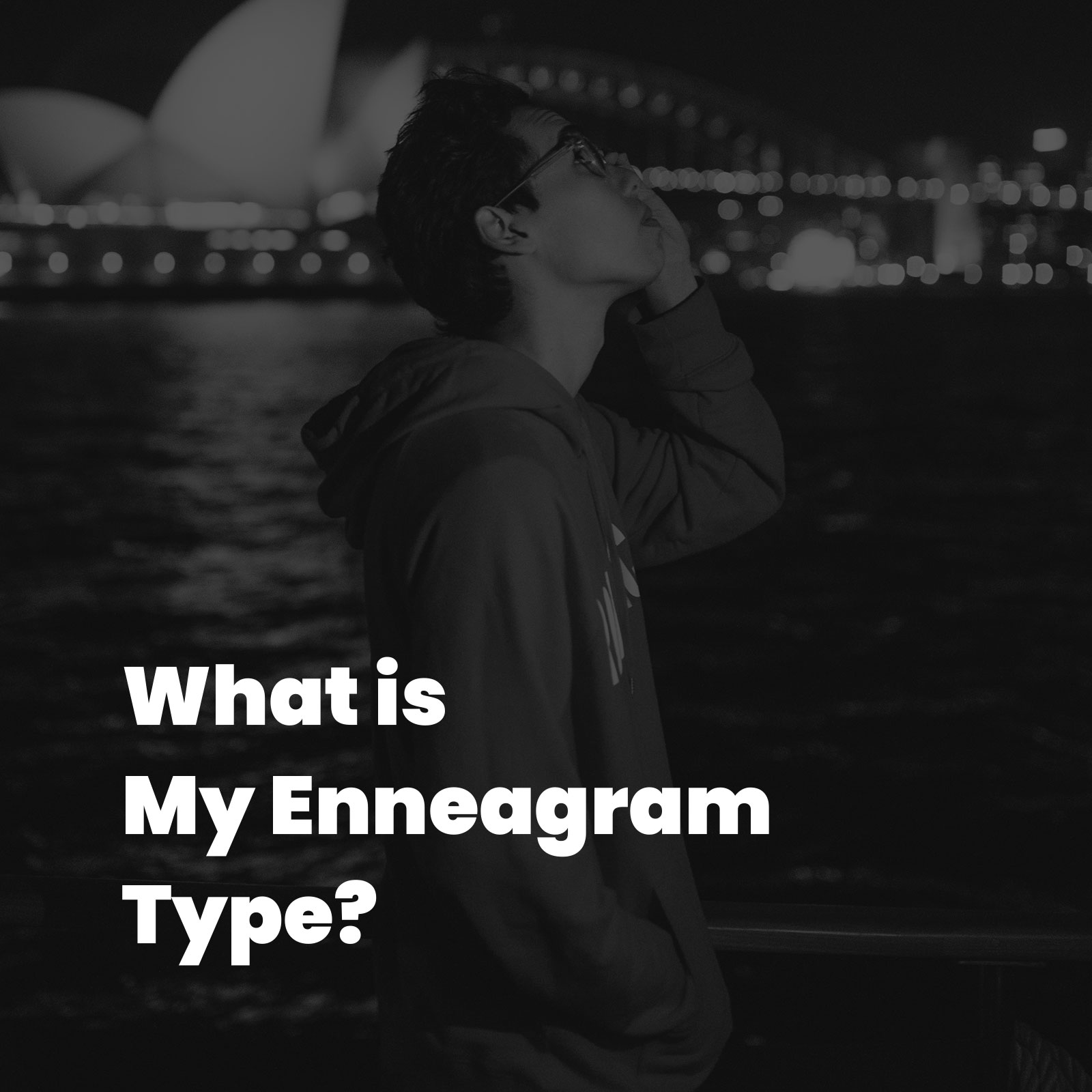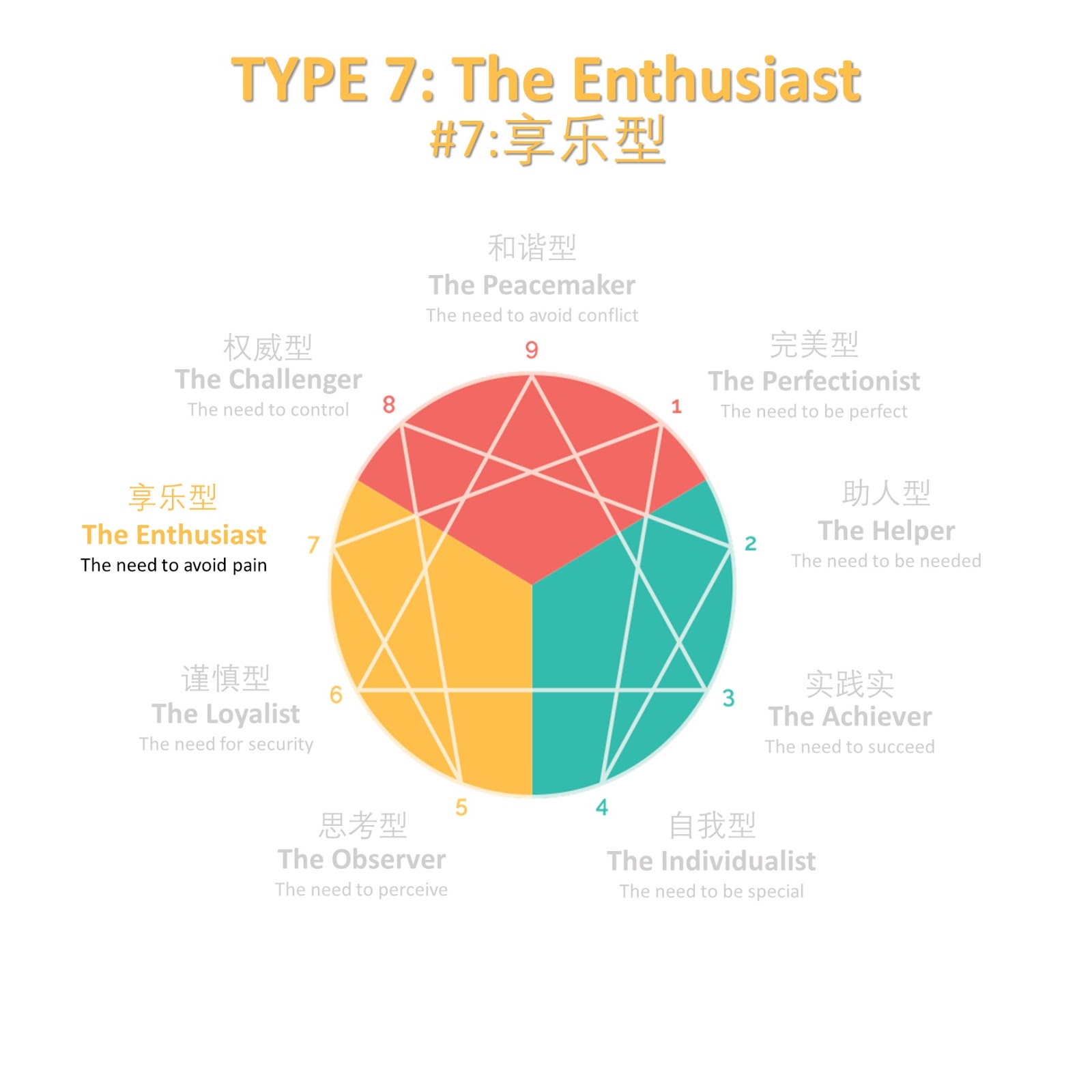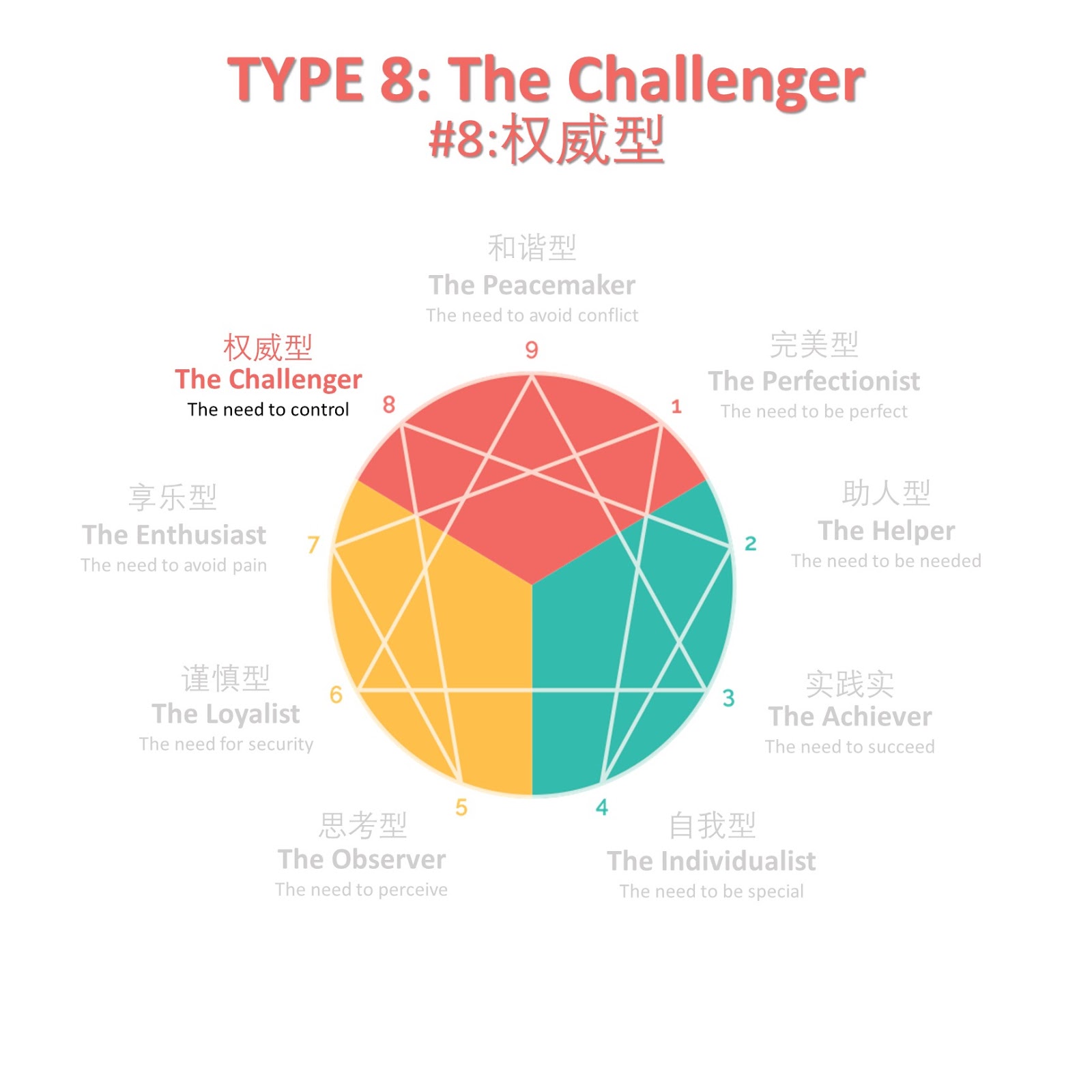
ENNEAGRAM
Type 4:
The Individualist
Type 4:
The Individualist
World View
“I’m searching for something more that is missing from my life.”
Thought Pattern
Melancholy. You feel a sense of loss.
Emotional Pattern
Envy. Other people seem to have found the key to happiness and you want it.
Defense Mechanism
Introjection. Lots of self-blame and internalising negative information.

Your life is beautiful and tragic all at once. Every emotional peak and trough that comes your way is an intense experience that you embrace wholeheartedly. You are authentic, creative, and hopelessly idealistic. And you long for meaning in life. You risk becoming overwhelmed with despair if you don’t find it. You also demand to express your emotions and can become a little self-absorbed.
Type 4s are driven by their search of meaning and purpose in life. They are individualistic, and feel that their existence is unique. They actively express this through art and other creative pursuits. For this reason, they are incredibly real. They don’t bother with superficial interactions, instead seeking out deep emotional connection.
4s embrace emotions passionately and courageously. In fact, they’re drawn to intense experiences that they can study and pull apart to reveal secrets of the human condition. Through this, they often end up taking on others’ pain. They feel their own pain acutely, too, making them prone to depression.
It isn’t all bad though, because by putting emotional complexity under a microscope, Type 4s develop empathic abilities and can identify with those who are suffering. They can channel this energy into creative works of self-expression. Most Type 4s are talented artists.
Type 4s need their time and space to process their thoughts and emotions. Once they have, they want to make sure that their personal reflections are heard by the rest of the world.
Key Strengths
- Empathetic
- Creative
- Expressive
- Great emotional depth
Key Weaknesses
- Moody
- Melancholic
- Over sensitive









